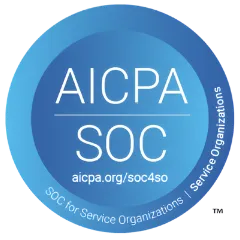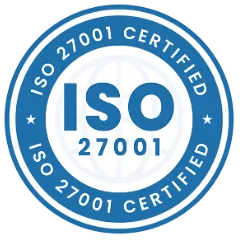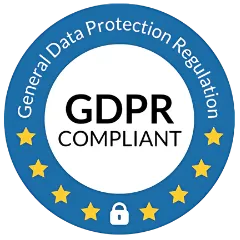When an organization starts to flourish the number of assets that it procures increases, and with that keeping a track of all of them becomes a task for the employees. Traditionally organizations used to keep a track of all these assets by maintaining spreadsheets, but with a major change in the way how organizations work, maintaining spreadsheets became difficult. To save time, money and energy one needed to think of some other technology to keep a track of all the assets in an organization, which gave rise to Asset Management software.
What Asset Management Software is? One that keeps a track of all the assets, and manages them all in one place. The tracking performed by this software is based on real-time tracking. It helps an organization know about the current status of the asset, the history of users and their current status. Investing in this software helps an organization keep to keep every piece of information in one place for easy access, it leads an organization and takes it on the path of development.
In this blog, we will try and understand what an Asset Register is and what is the purpose of maintaining an Asset Register. Let us dive right in!
What are Assets and their management?
Asset
In economic accounting, an asset is any useful resource owned or controlled by way of an enterprise or a monetary entity. It is something that can be used to supply advantageous financial value.
What is Asset Management?
Asset management is the technique of managing assets (what we have defined above). Managing those assets, be they fixed or non-fixed, be they liquid or non-liquid assets are called Asset Management.
Now that we know what Assets are on a generic level and how we manage them under Asset Management. Let us try to understand the software through which we can do this.
Asset Management Software:
Do you know about the current location of your assets? Do you know who owned your assets before you owned them? Do you know about the depreciation incurred on them every month? If it’s hard for you to figure this out within seconds, then there is a serious problem.
An organization can easily deal with a situation like this and many more, it is easy for them to know about all the assets that they own and not just that but a detailed description of all of them. It is convenient for them if they have all these information fingertips. This helps an organization to ease the workflow and deal with all the problems that persist in the organization.
Asset Management Software helps an organization to keep a track of all its assets, helps to manage assets and to track them, it also keeps a complete record of the history of the asset which at times proves to be very beneficial for the organization.
Asset Management Software also comes with the feature of Asset Registering, let’s discuss that in detail below.
According to Precedence Research, the global enterprise asset management market size is projected to hit around USD 10.6 billion by 2030 and register growth at a CAGR of 11.75% from 2022 to 2030.
What is an Asset Register?
It’s a detailed list of all the assets in the organization. It keeps a detailed record of all the assets, their description, what is their current status, the history of their users, their current location and many more. Keeping a record of the financial and non-financial aspects of all the assets present in the organization is what an Asset Register does.
Asset Register also helps an organization in the whole process of Preventive Maintenance. If they have all the required information, it is evident that they will keep a record of it and set a maintenance schedule, which is very beneficial for an organization. It will prevent the organization from unwanted hurdles in the workflow, it helps in reduction of the downtime and many more.
What is the purpose of the Asset Register?
Access to complete information on Assets:
An Asset register helps record all the data of assets in an organization in one place. It is very evident that if all the information is in one place it is going to be very easy to access the information and then work on it accordingly.
Accuracy of all the data present:
When all the assets are present and reflected in one place, it becomes very easy for the organization to check for the duplicate in the information, if something like there is present then they can remember it.
Simplifying monthly/yearly processes:
When we have an Asset Register ready in front of us, it becomes very easy to perform monthly/yearly tasks performed on the assets for example depreciation and maintenance schedules. Keeping a record of all this is not easy if we do not have a set register for it to maintain.
Help in Asset Auditing:
When an organization decides to have asset audits, they choose two types of options be it self-audit or aided audit. But with both options, they need to have a set register to keep all these records safe. With Asset Register, it comes very easy to keep a track of all these assets in one place.
No overpayment of Insurance Premiums:
When an organization has many assets in its possession, it would like to keep a good record of them, but when they do not keep the information up to date, they end up making overpayments of Insurance Premiums, as it did not pay much attention, which is not a good situation. It is then advised to maintain an Asset Register.
Suggested Read: Importance of Keeping Asset Register Accurate and Its Impact on the Business
Conclusion
To keep a well-maintained record which is free of human error, information on which an organization can rely on without thinking twice. It makes it very easy for an organization to look at all the information related to the assets in one place, which makes their daily tasks very easy. One must install it and understand the positive changes that it brings to the organization.
Frequently Asked Questions (FAQ’s)
Q1. Is it possible to optimize the whole process of the Asset Register?
Yes, it is possible to optimize the whole process of the Asset Register.
Q2. Do we calculate depreciation and record it in Asset Register?
Yes, we calculate depreciation and record it in Asset Register.
Q3. Is all the data present in the Asset Register free of human errors?
With an optimized Asset Register human errors are reduced to zero, as everything is optimized.

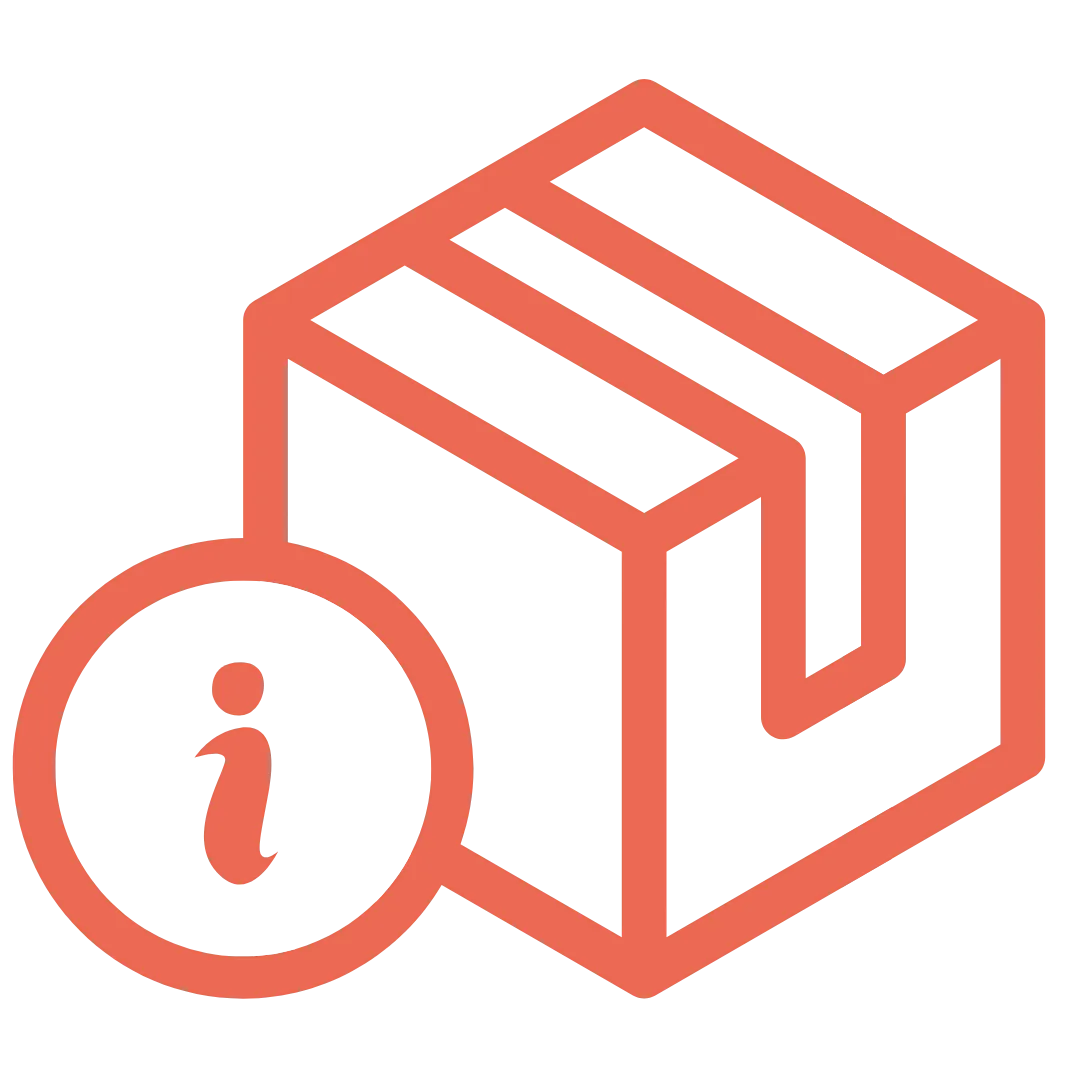
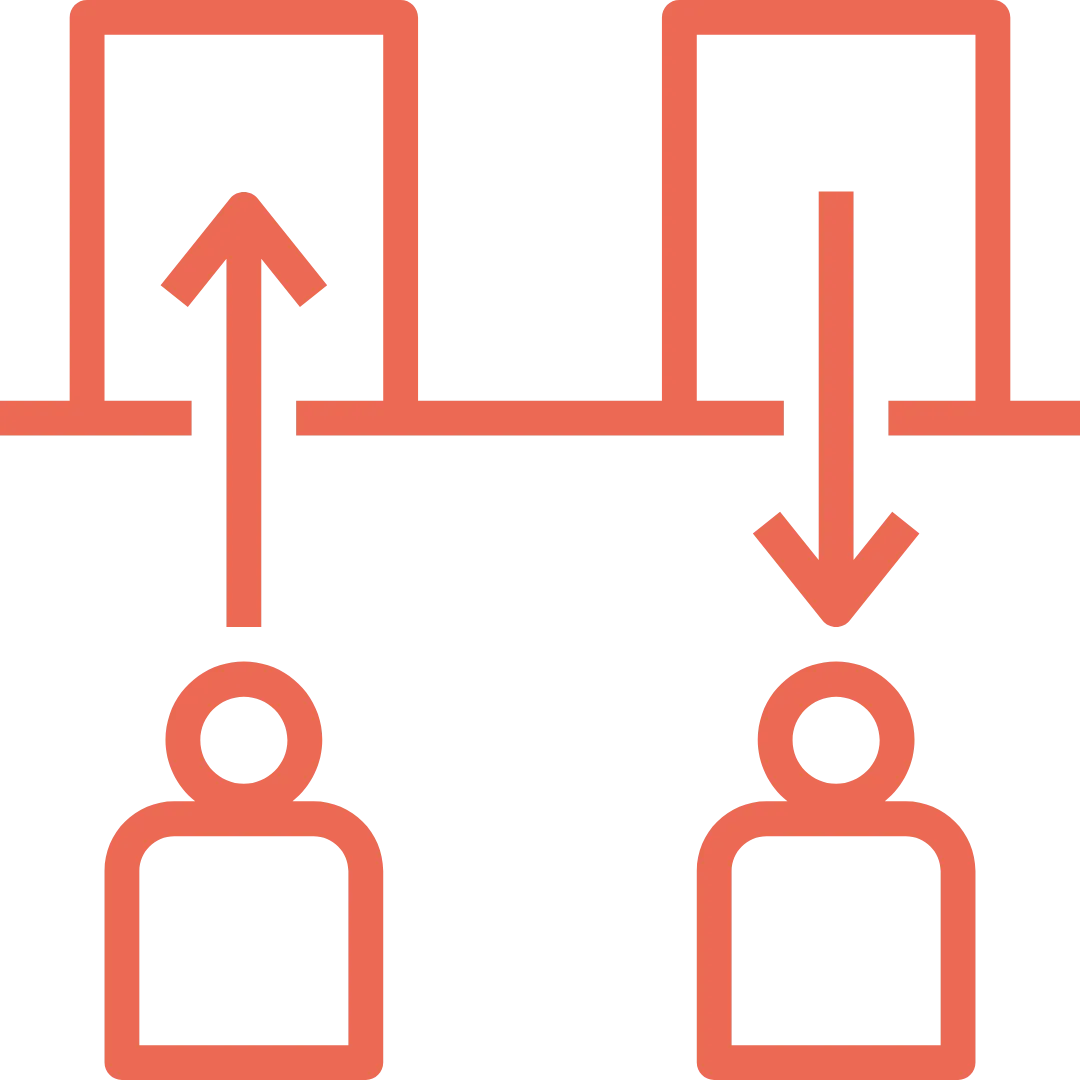









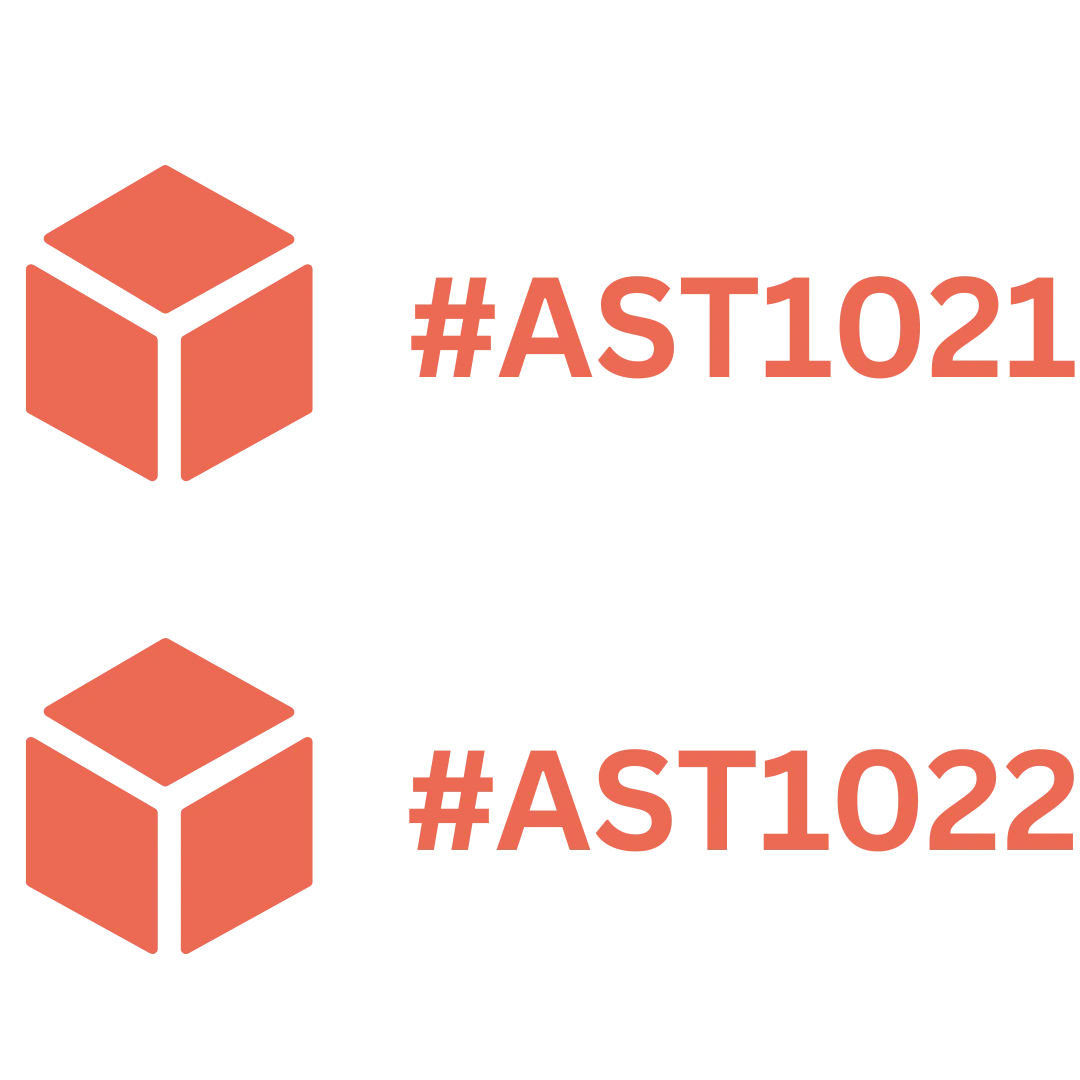

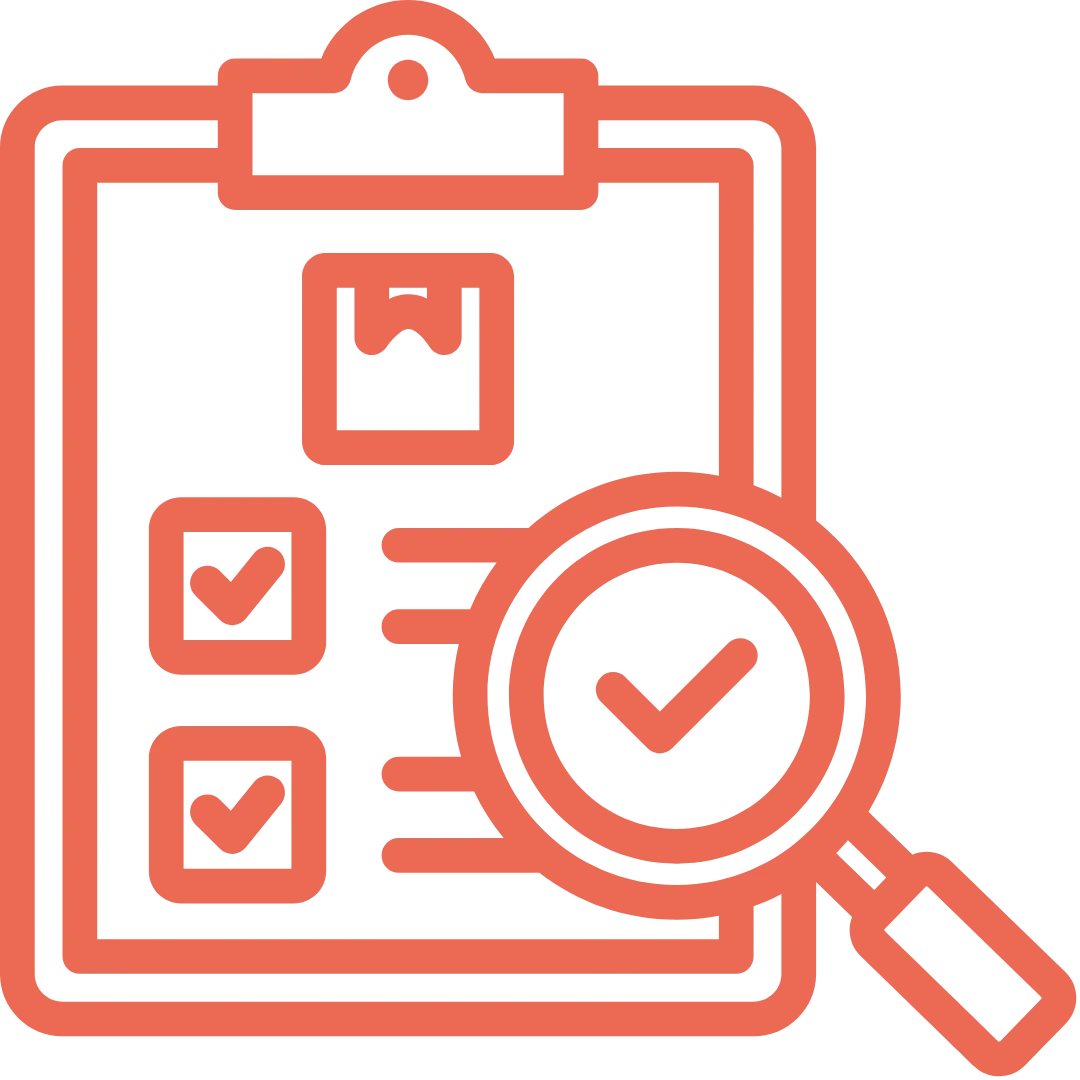



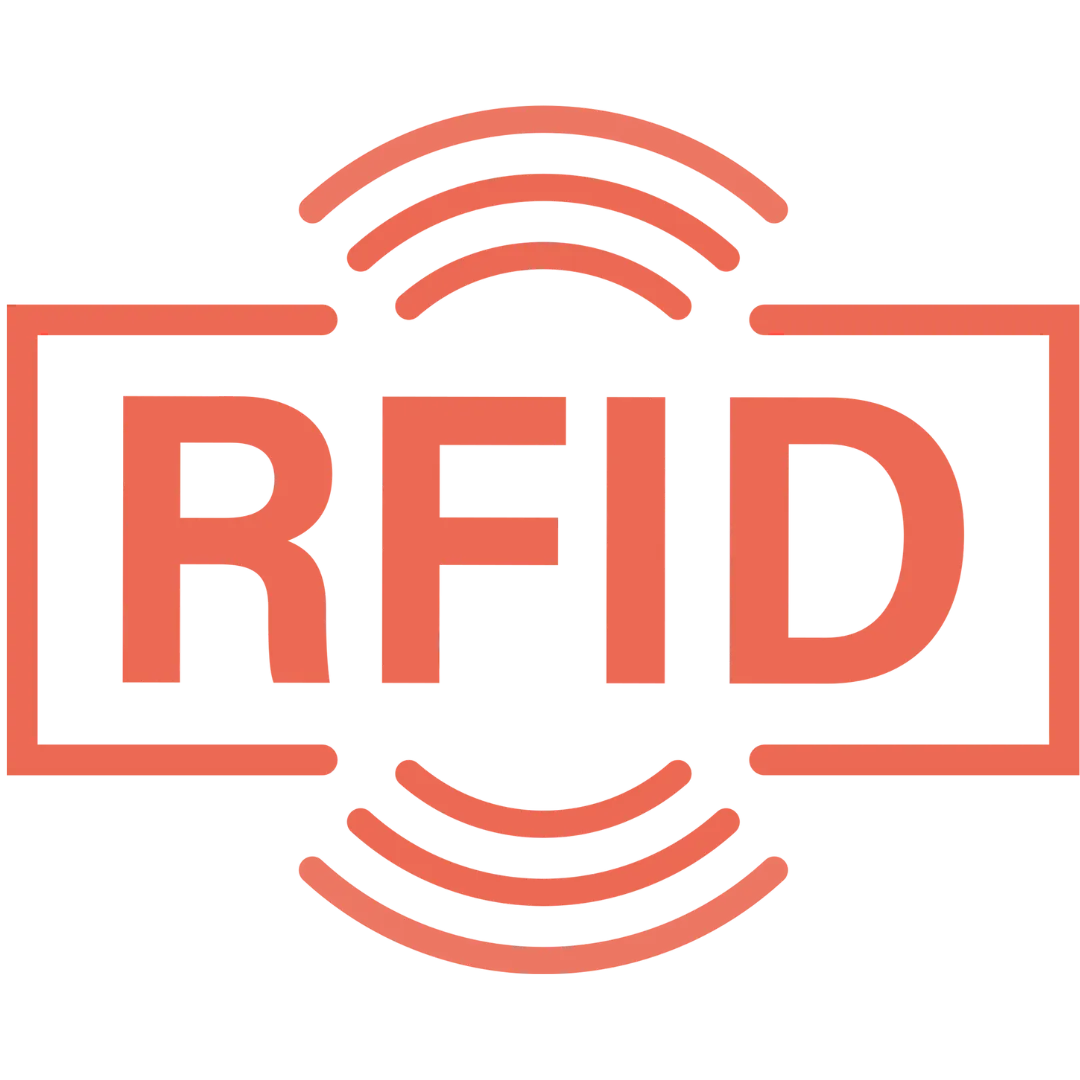

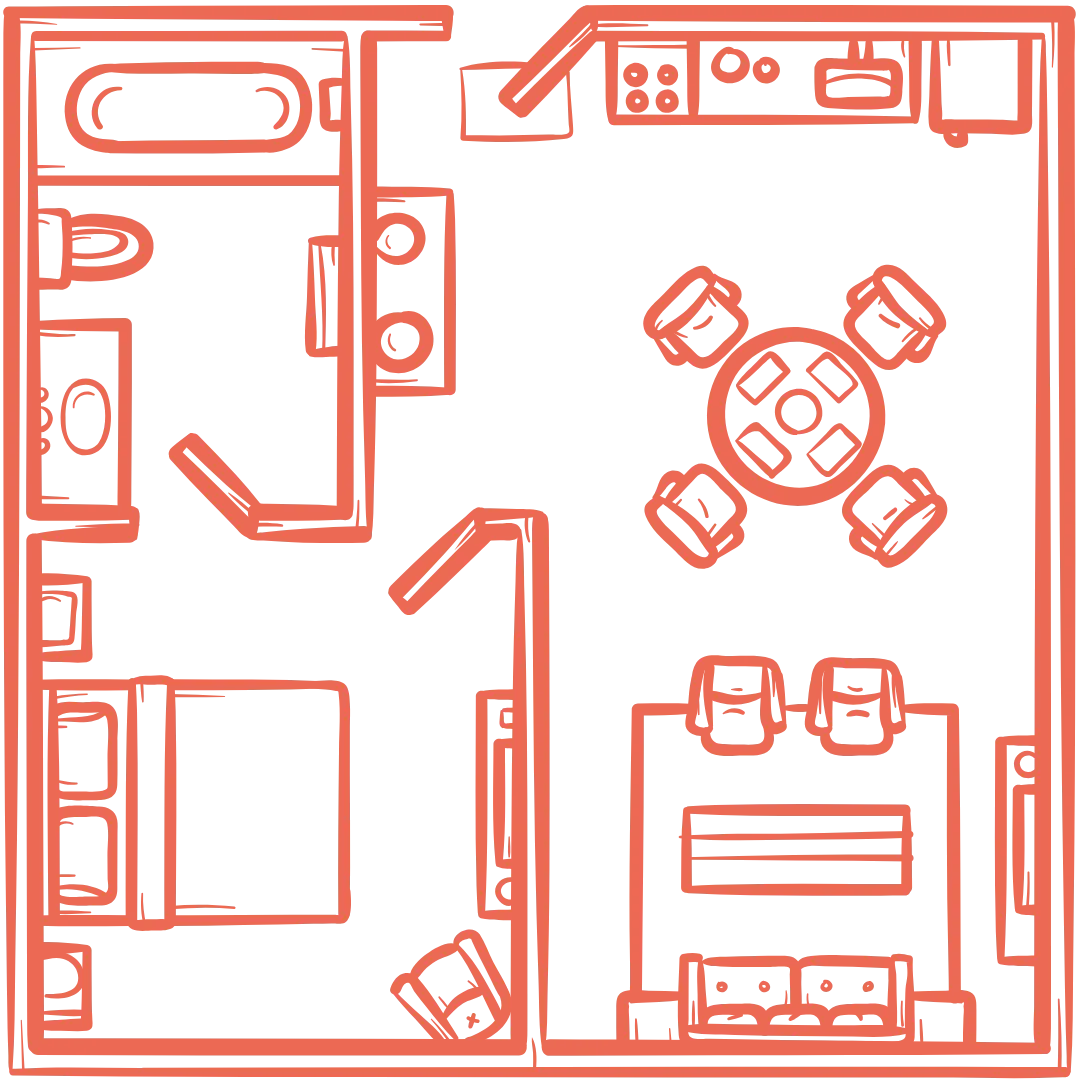




























.webp)
.webp)
.webp)
.webp)
.webp)
.webp)
.webp)
.webp)
.webp)

.svg)




.webp)
.webp)






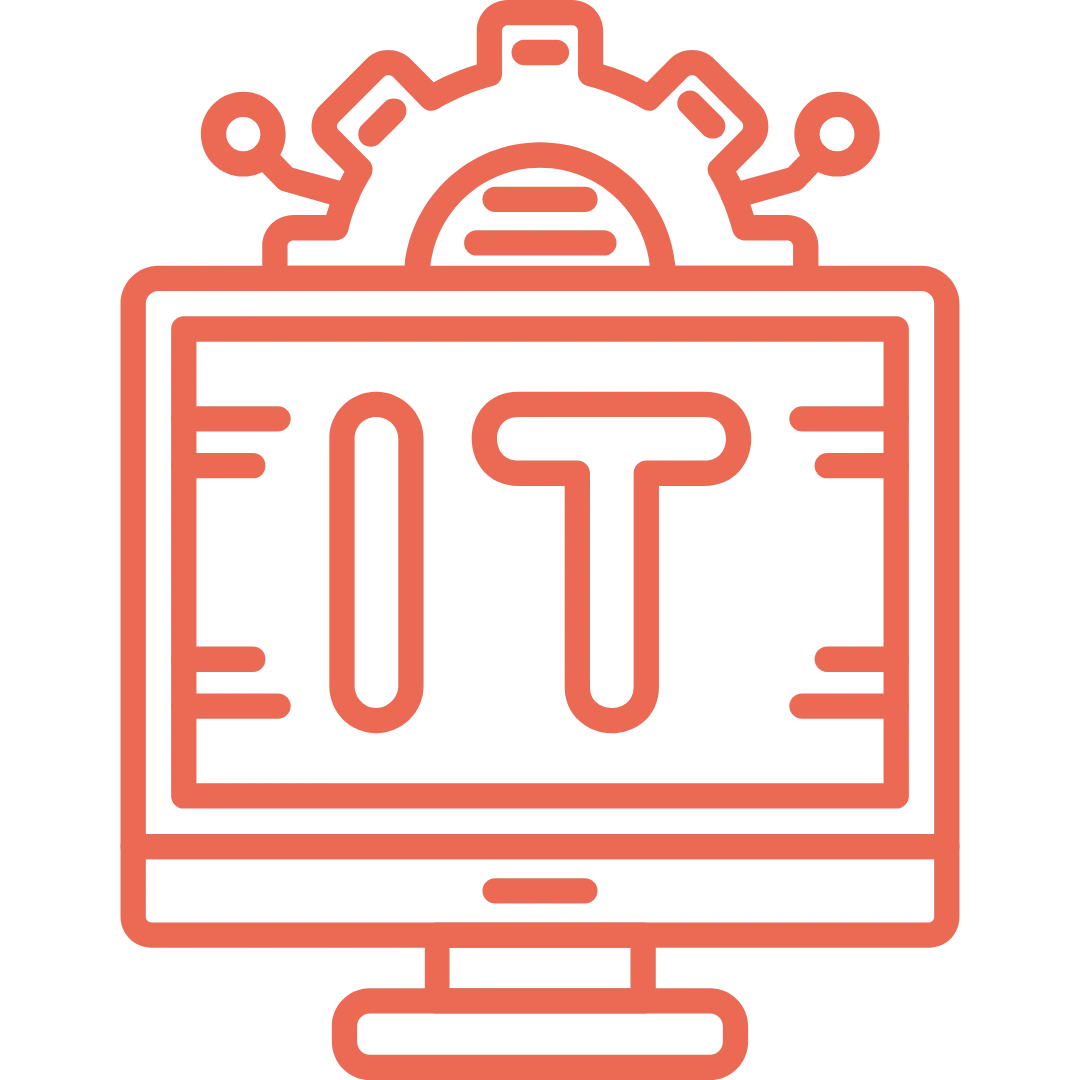


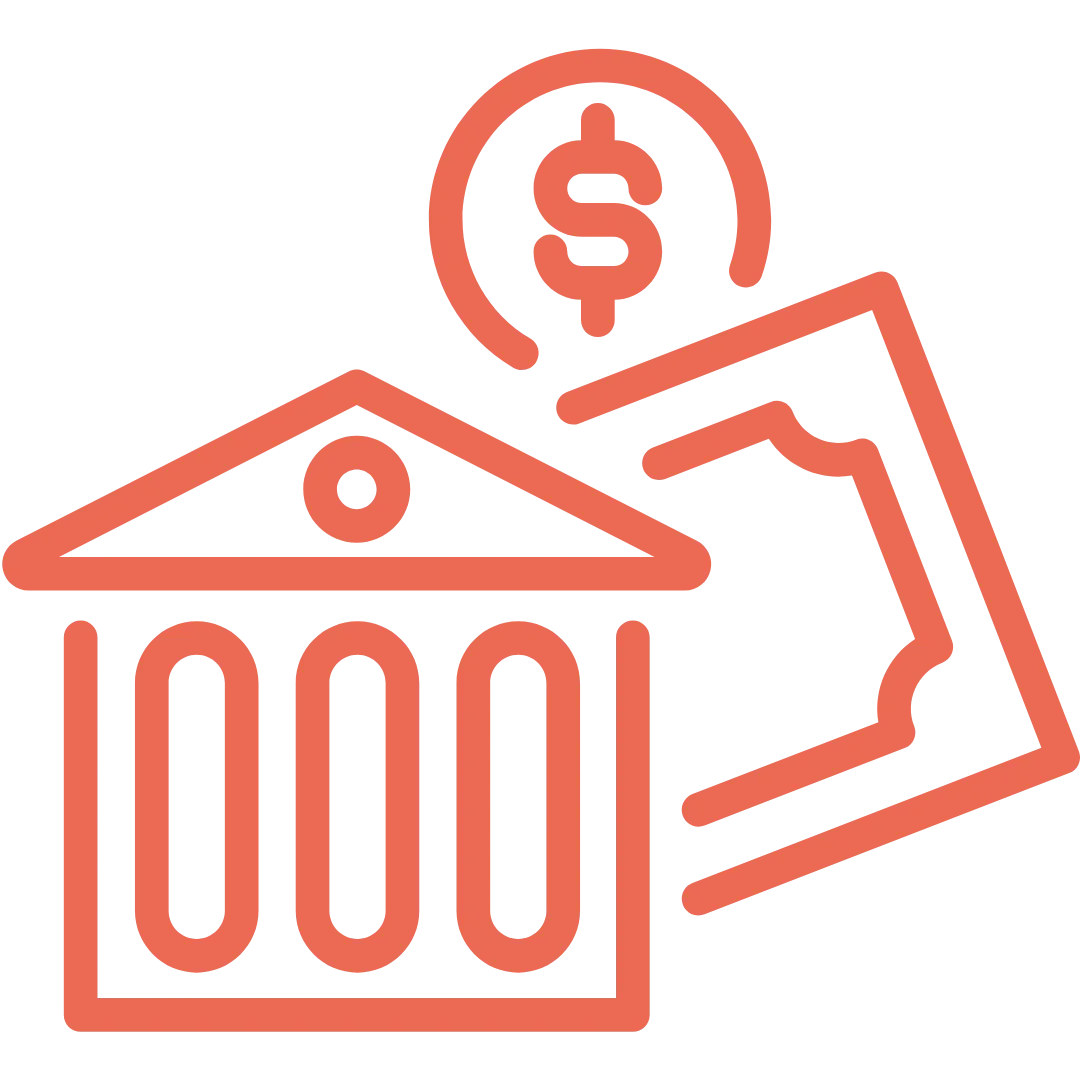




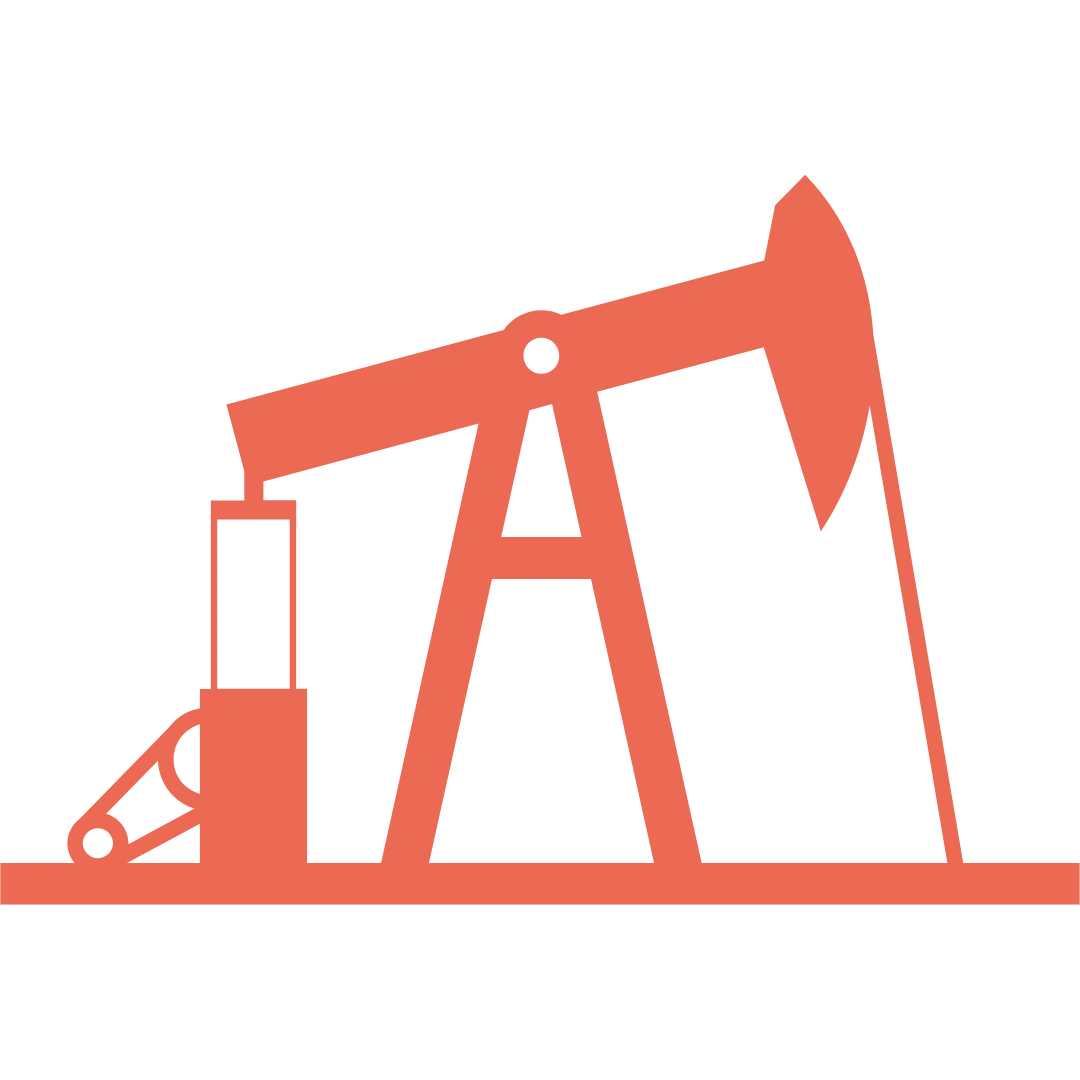




























.png)
.jpg)



.webp)

















